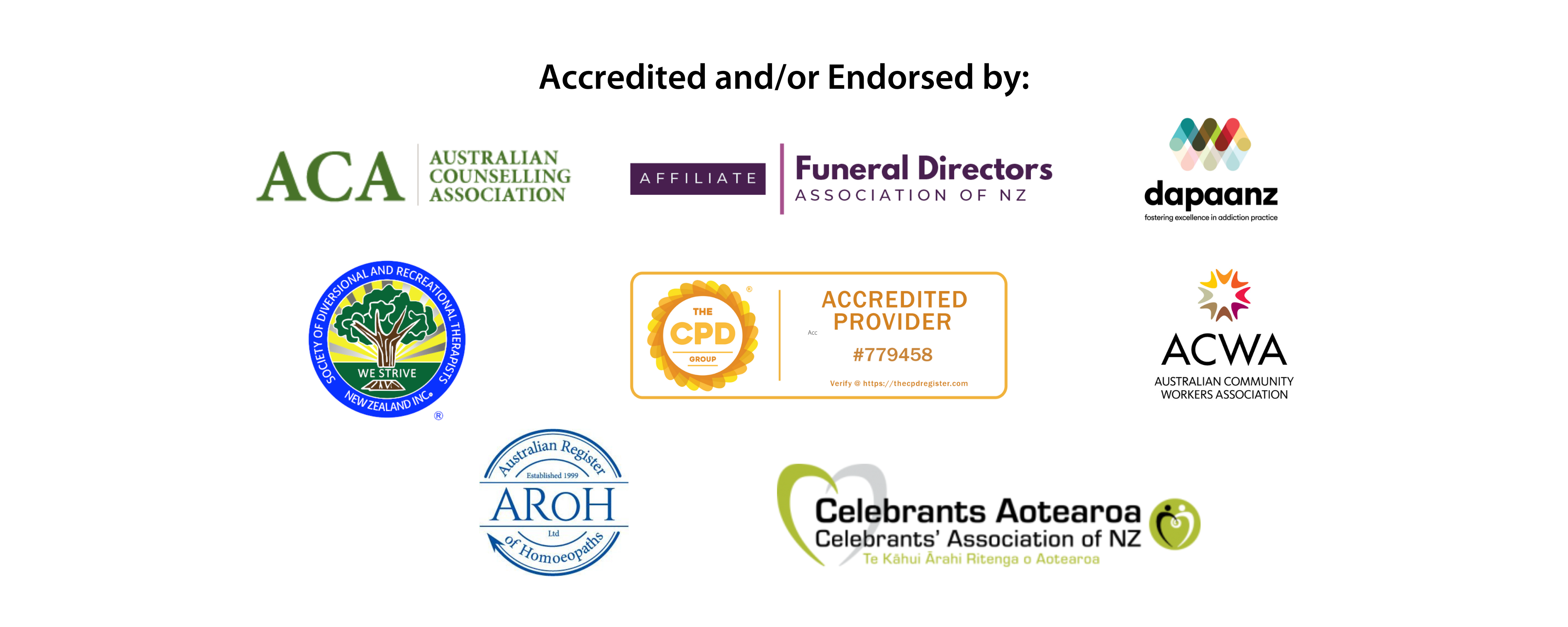Who should attend this webinar?
This webinar is for any staff, residents, and family members involved in the transition to care. This includes health care assistants, registered nurses, nurse practitioners, clinical and non-clinical managers, and auxiliary staff.
Overview
Commonly, very frail older adults, including people living with dementia, move to residential care homes. Maintaining significant intimate relationships can be challenging. With communal living, new relationships may also flourish that may unsettle the expectations of staff, families and other residents. Residential facilities typically want to uphold a person-centred philosophy, yet without education and support for staff and families, there can be increased loneliness and diminished opportunities for intimacy.
Residents' expressions of intimacy and sexuality can be compromised by confusion around staff expectations, the role of the EPA and consent. Dementia adds complexity to this decision-making. Clinical leaders are central in ensuring policies and practice enhance social and sexual belonging and rights. This includes having organisational support of a practical policy accompanied by staff, resident, and family education and role modelling.
Key learning points
- Understand that intimacy, connection, and sexual expression are lifelong needs
- Recognise the ways residential care homes can facilitate sexual expression, balancing a duty of care, resident’s rights and communal living
- Recognise the supportive, educative, and advocacy role of staff
- Identify the role of family dynamics in shaping decisions about residents’ intimacy and sexual expression needs
- Understand the legal context of a duty of care and residents’ rights
- Appreciate the difference between individual staff members’ values and preferences and residents’ legal rights
Webinar registration details
- Access to the live two-hour webinar
- Access to the webinar recording for 30 days
- Access to a downloadable PDF handout
- Certificate of accomplishment issued on completion of a short quiz for CPD/OPD points
- NOTE: Webinar times are shown in NZST or NZDT. If you're joining us from Australia, please use a time-zone converter to see the live time in your state.
Certificate of accomplishment
We can provide a certificate of accomplishment for all our training courses. The requirement for receiving a certificate to confirm professional development is as follows:
- You must view a minimum of 80% of a live-presented webinar workshop or
- You must view a minimum of 80% of a recorded webinar workshop
- You must complete a short quiz on the webinar content
CPD points/credits
We are accredited to provide points/credits to the following organisations, educational institutes, and associations:
New Zealand
FDANZ
NZEA
NZIFH
Australia
AROH
Our training is endorsed or recommended by the following organisations, educational institutes, and associations:
New Zealand
NZAC
DAPAANZ
CANZ
NZSDRT
The CPD Group
Australia
ACWA
ACA (Australian Counselling Association)
To receive your CPD points/credits, you will need to receive a certificate of accomplishment which you can then provide to your relevant institution.
 less
less


